PeopleCert DevOps Fundamentals
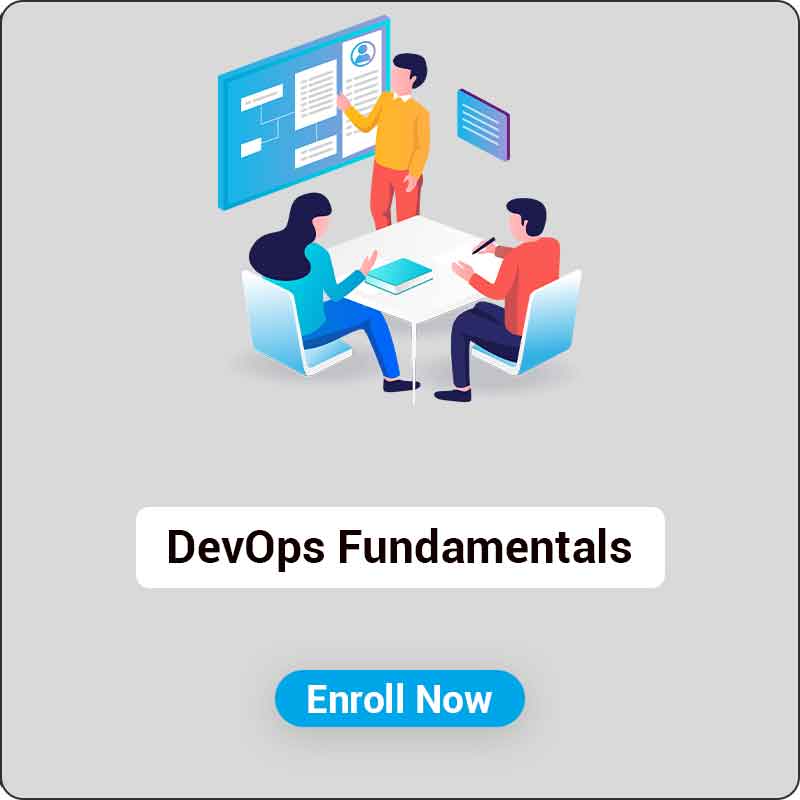
Course Features
Comprehensive Coverage: DevOps Fundamentals presents a comprehensive overview of DevOps's fundamental concepts, principles, and practises. It includes culture, organisation, practises, automation, tools, CI/CD, measurement, and adoption strategies
Practical Focus: The emphasis of the course is on the practical application of DevOps principles and practises. It provides real-world examples, case studies, and hands-on exercises to help participants implement DevOps concepts within their own organisations.
Industry Relevance: DevOps Fundamentals is aligned with DevOps best practises and industry standards. To ensure that the content is relevant and up-to-date, it incorporates insights from seasoned practitioners and industry experts.
Flexibility: DevOps Fundamentals can be presented in a variety of formats, including instructor-led classroom training, virtual instructor-led classroom training, and self-paced online learning. This allows participants to select the format that best accommodates their learning preferences and agendas.
Certification: DevOps Fundamentals typically culminates in a certification that verifies the participant's comprehension of DevOps concepts and practises. This certification can improve career prospects and demonstrate a dedication to lifelong learning and professional growth.
Collaborative Learning Environment: DevOps Fundamentals encourages participant collaboration and interaction. It facilitates group discussions, the exchange of experiences, and learning from peers, thereby nurturing a collaborative learning environment.
Industry Recognition: Many organisations and employers recognise DevOps Fundamentals as a valuable training programme for IT professionals. DevOps certification improves employment opportunities and demonstrates a thorough understanding of DevOps principles and practises.
Supportive Community: Training in DevOps Fundamentals frequently provides access to a community of learners and practitioners. This community can offer ongoing support, networking opportunities, and access to additional resources and platforms for knowledge-sharing.
Learning objectives
The learning objectives of DevOps Fundamentals typically include
-
Understanding DevOps Principles and Culture: Acquire a thorough comprehension of the core principles and values of DevOps, such as collaboration, communication, automation, and continuous improvement. Discover how the cultural aspects of DevOps contribute to its successful implementation.
-
Knowledge of DevOps Practices and Tools: Examine the prevalent DevOps practises and techniques, including Continuous Integration (CI), Continuous Delivery/Deployment (CD), infrastructure as code, automated testing, and configuration management. Discover the numerous technologies and instruments that support these practises.
-
Collaboration and Communication Skills: Develop effective collaboration and communication skills in order to promote cross-functional cooperation, eliminate silos, and facilitate efficient communication between development, operations, and other teams engaged in the software delivery lifecycle.
-
Automation and Infrastructure as Code: Learn the significance of automation in DevOps and how to implement automation techniques to streamline processes, improve efficiency, and decrease manual errors. Gain familiarity with Infrastructure as Code (IaC) principles and management tools for infrastructure as software.
-
Measurement and Continuous Improvement: Learn how to establish relevant metrics and measurements to assess the effectiveness of DevOps practices and identify areas for improvement. Understand the concept of continuous improvement and how to implement feedback loops to drive iterative enhancements..
-
Security and Compliance Considerations: Obtain an understanding of the security and compliance aspects of DevOps, such as the integration of security measures throughout the software delivery lifecycle, the implementation of secure coding practises, and the fulfilment of regulatory requirements.
-
Adoption and Transformation Strategies: Examine strategies and approaches for implementing DevOps in an organisation, such as change management, stakeholder engagement, and overcoming resistance. Comprehend the obstacles and best practises for the successful adoption and transformation of DevOps.
-
Case Studies and Real-world Examples: Examine real-world case studies and examples of organisations that have successfully implemented DevOps. Analyze their approaches, obstacles encountered, and lessons learned to obtain practical DevOps implementation insights.
Target audience
The target audience for DevOps Fundamentals typically includes:
-
IT Professionals
-
Project Managers
-
Agile Practitioners
-
IT Service Managers
-
Business Stakeholders
Exam and Certification information
Exam Details:
-
Exam Type: Multiple Choice Questions (MCQs)
-
No. of Questions: 40
-
Exam Duration: 60 minutes
-
Pass Marks: 28 out of 40 (70%)
-
Exam Type: Closed Book
PeopleCert DevOps Fundamentals Certification Journey
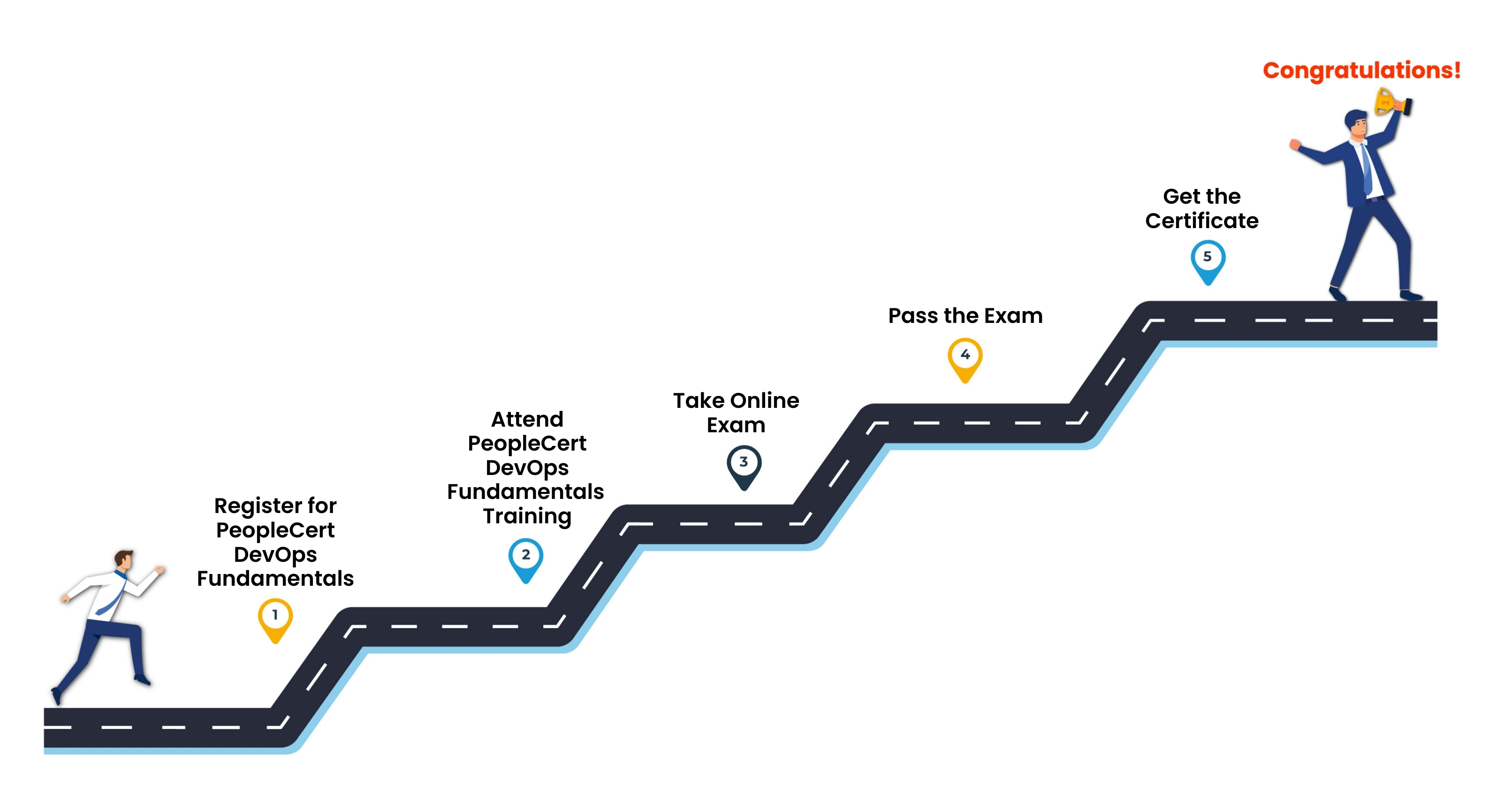
Course Outline
- Definition and principles of DevOps
- Benefits and business value of DevOps
- DevOps culture and mindset
- Continuous Integration (CI) and Continuous Delivery (CD)
- Infrastructure as Code (IaC)
- Configuration Management
- Automated Testing
- Release Management
- Monitoring and Logging
- Collaboration and Communication tools
- Relationship between DevOps and Agile methodologies
- Agile development practices in a DevOps context
- Roles and responsibilities in Agile-DevOps teams
- Introduction to DevOps automation
- Version control systems
- Build and deployment automation
- Steps to adopt DevOps in an organization
- Organizational change management
- Common challenges and best practices
- Cloud computing concepts and benefits
- DevOps practices in the cloud
- Infrastructure automation in the cloud
- Key performance indicators (KPIs) for DevOps
- Monitoring and measuring DevOps performance
- Continuous improvement and feedback loops
Recap
- DevOps Fundamentals Sample Paper Discussions
Q&A

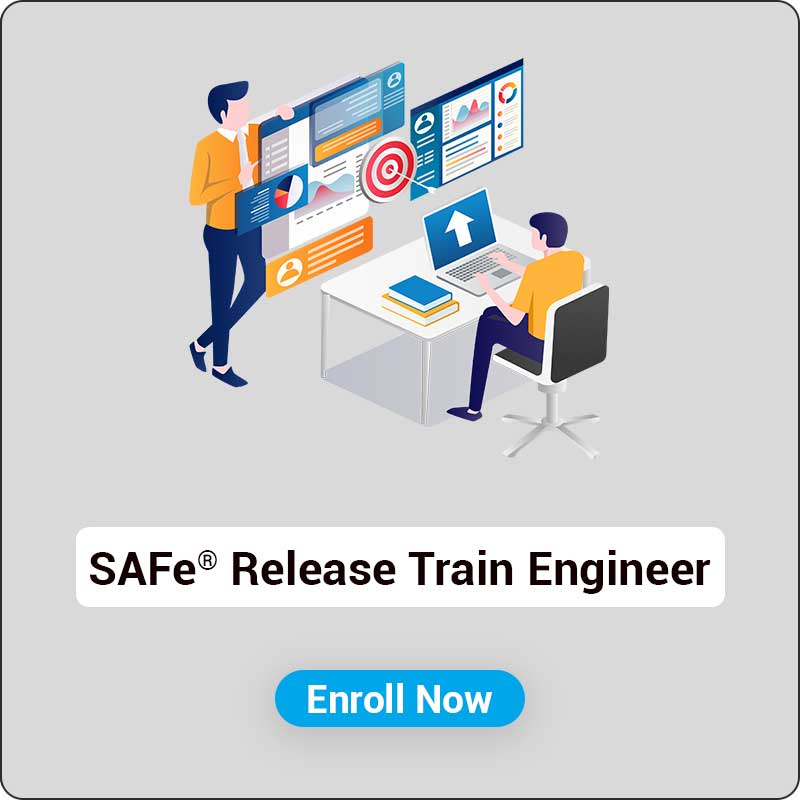
.png)
-practitioner.jpg)
-foundation.jpg)
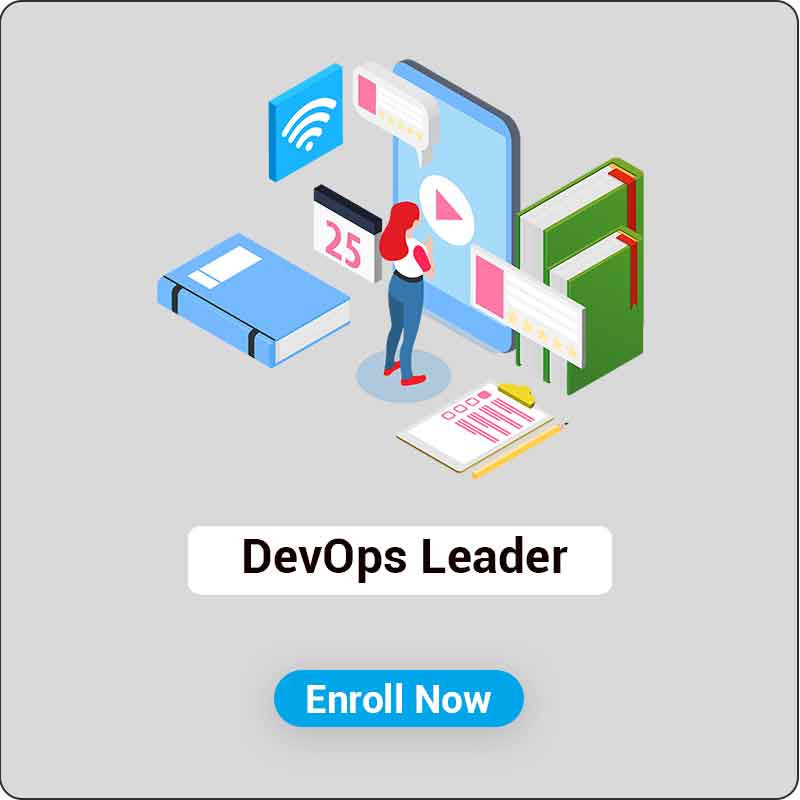
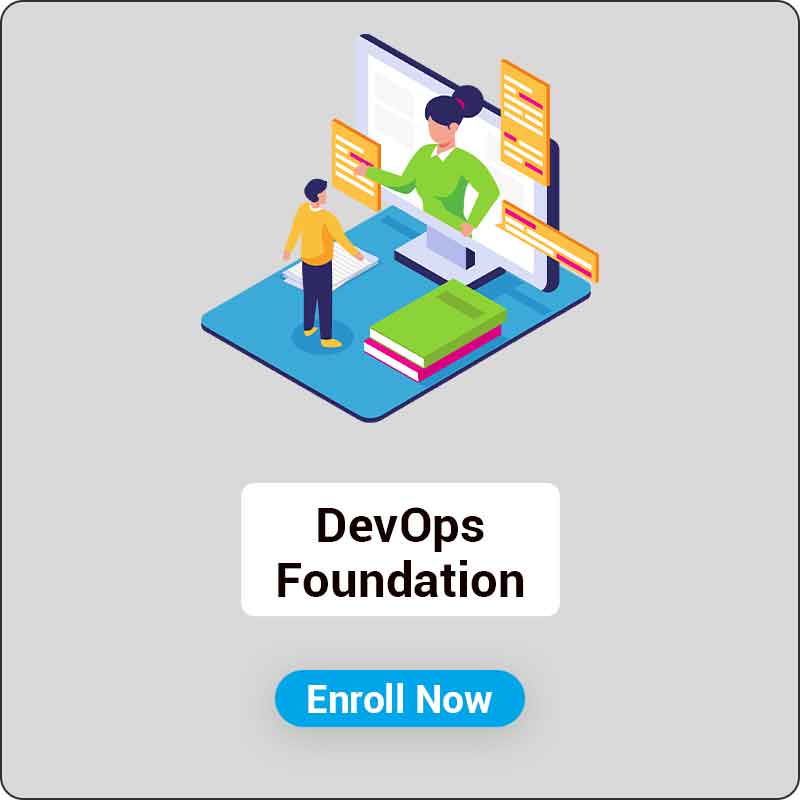
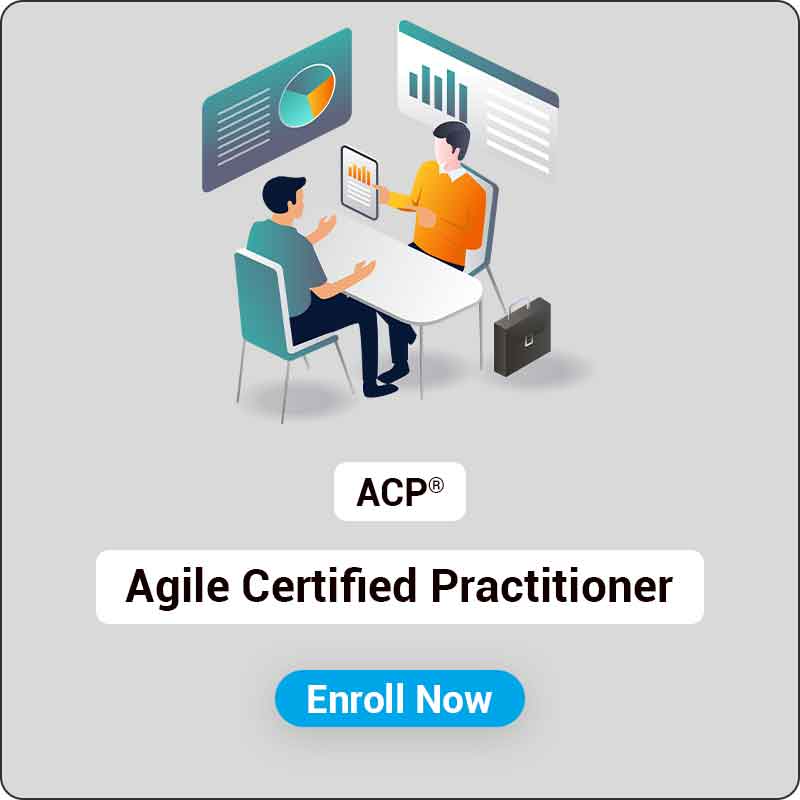
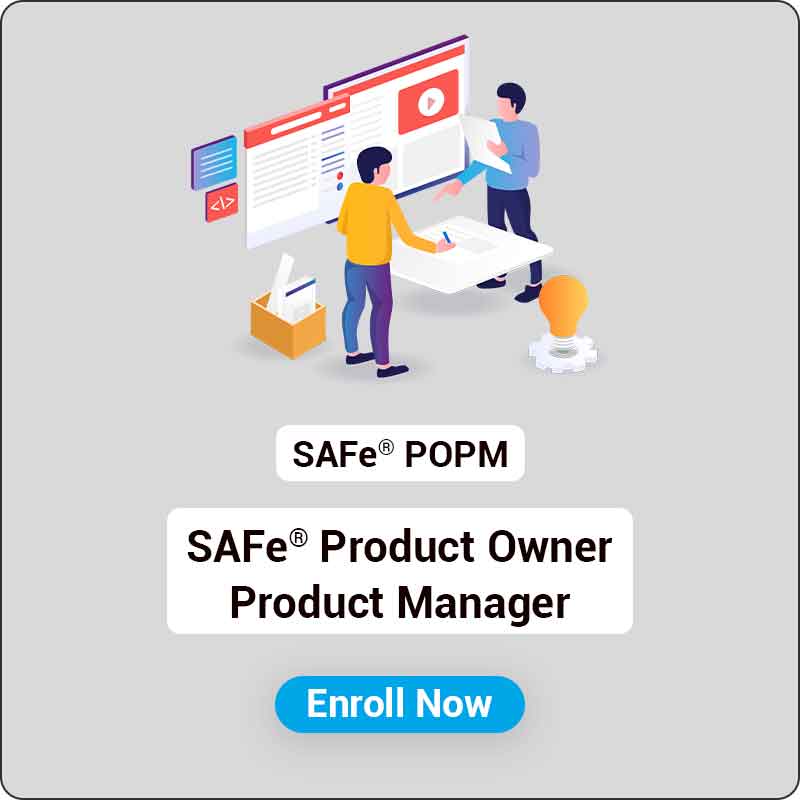

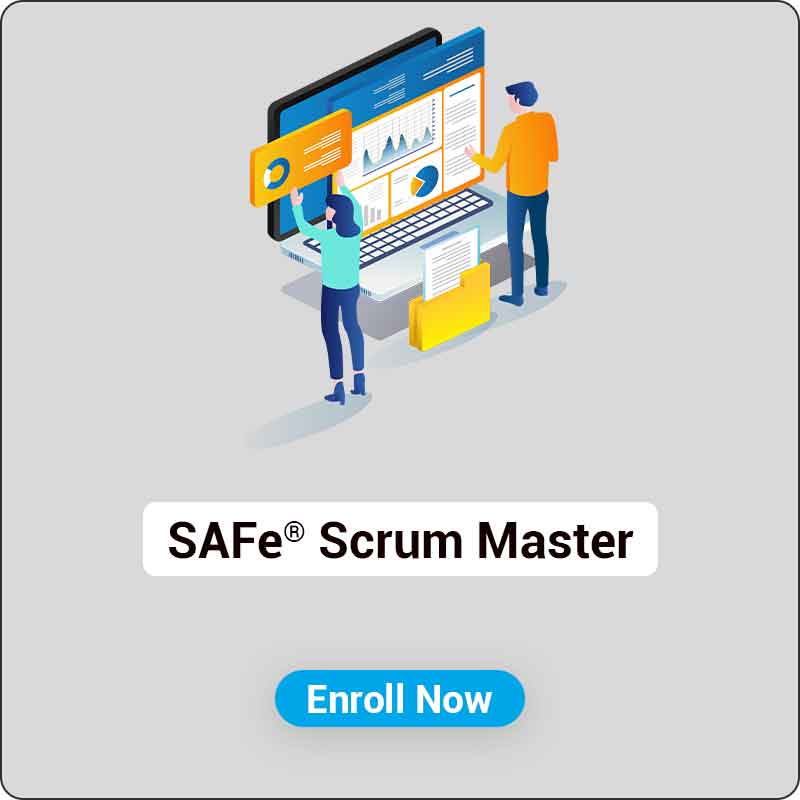

Student feedback
Reviews